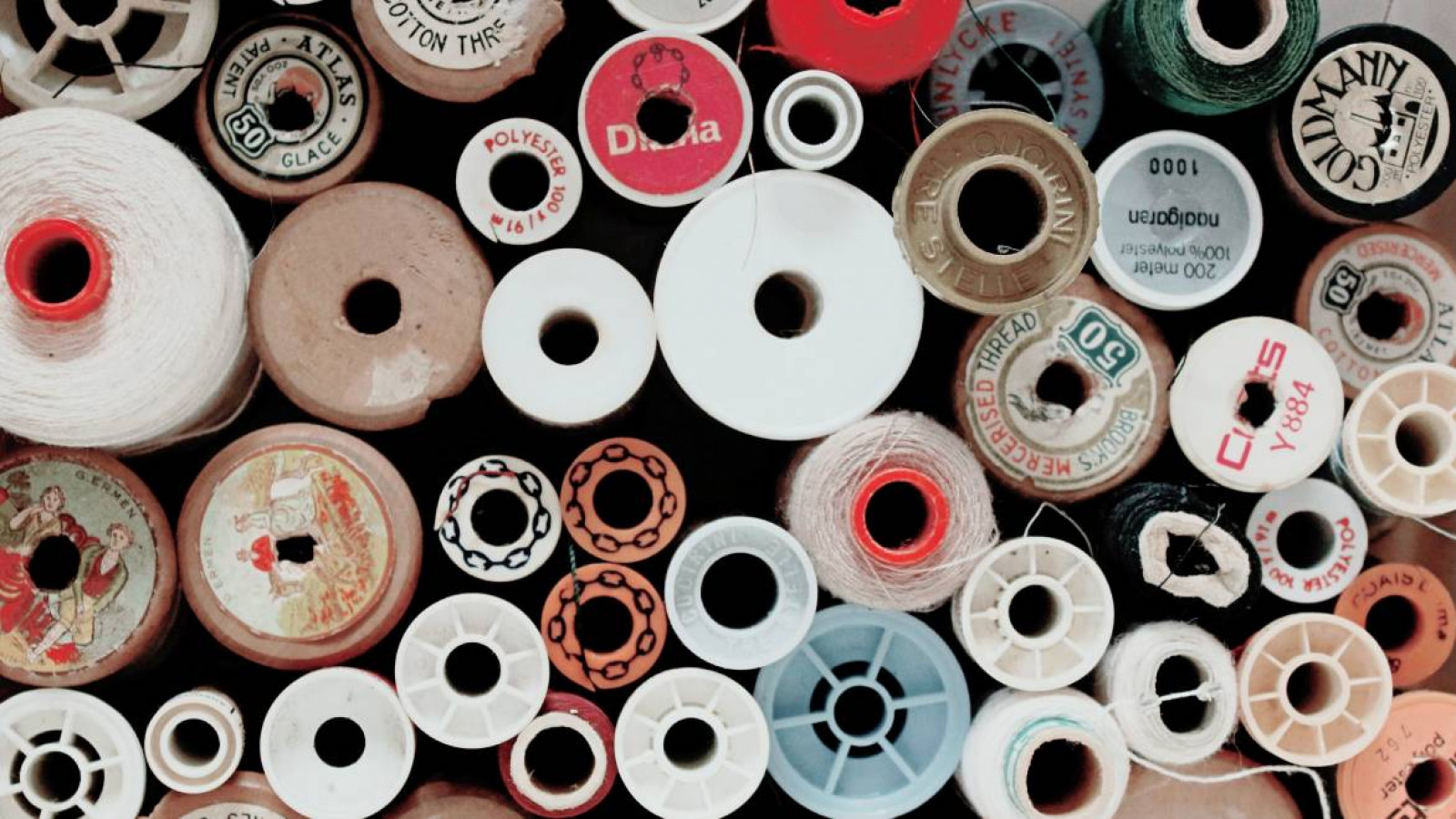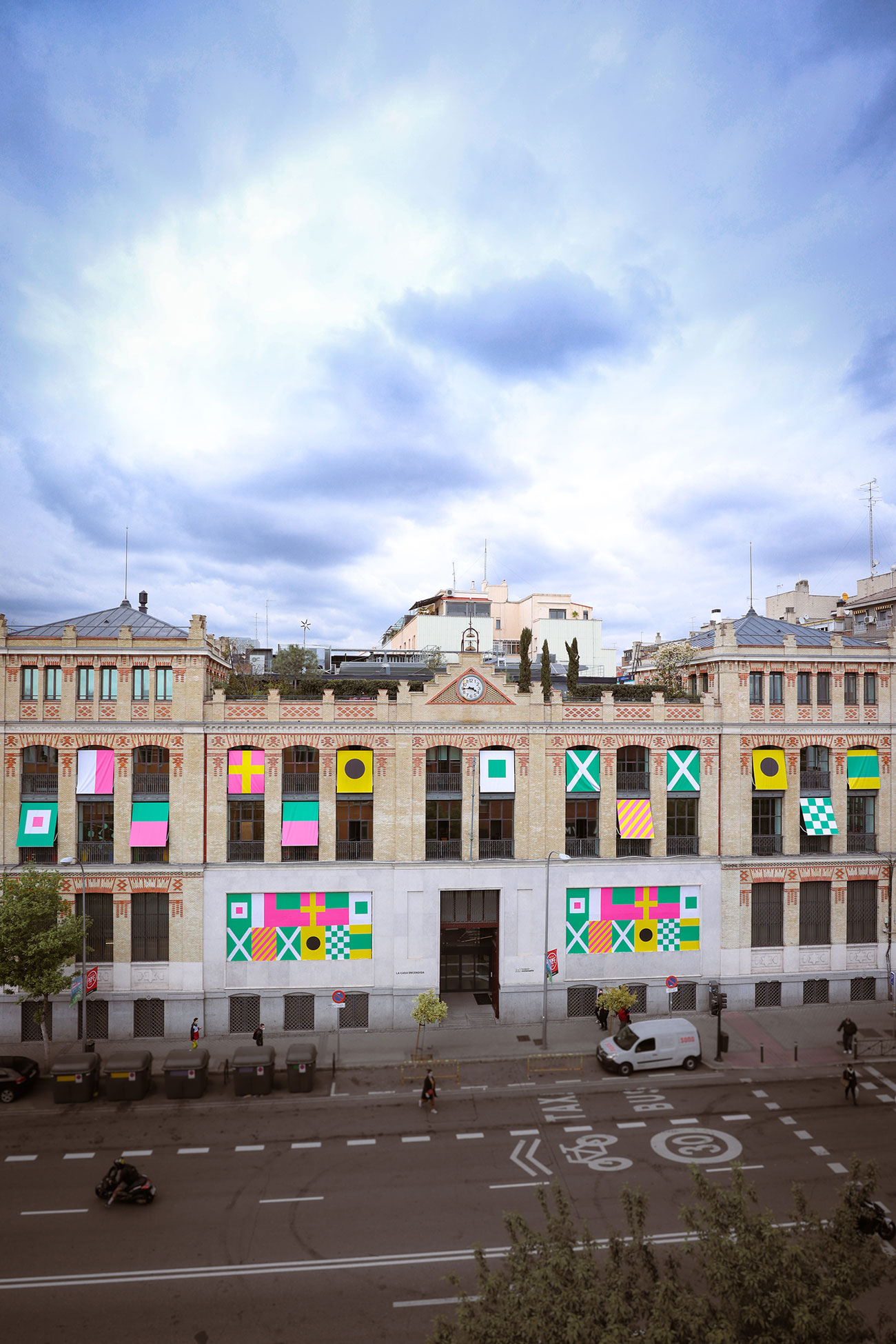Zero waste patterns, organic fabrics, digital sewing machines and projects to turn textile waste into bricks. The fashion industry is one of the most polluting industries and revolutionising it requires a high degree of innovation. This exhibition explores different approaches to the circular economy through textile innovation.
With its extraction of resources, CO2 emissions and waste generated throughout the value chain, the textile sector has an enormous impact on the environment. This show examines four interconnected areas where innovation is serving as the lever for the transition towards circularity: new technologies, materials, technology and transformation processes.
In the next five years, the circularity of the fashion industry will make the leap from intention to legal obligation. The sector is gearing up to adapt to numerous directives that will have a profound effect on the way it functions, from eco-design and manufacturing technologies to the concept of “repair, reuse, recycle”.
This transformation of the textile industry will involve crucial factors such as the development of new design technologies, research and the use of new materials; the design and application of new technologies; and the search for new uses for textile waste. Collaboration and disruptive innovation led by designers, researchers and companies are essential for the construction of a new system.
The exhibition explores different approaches to the circular economy through textile innovation, shining a spotlight on novel trends in design and materials and new ways of producing and reusing textiles, most of them the result of research and experimentation.
The show features the zero waste patterns of Timo Rissanen, upcycled clothing by the artists and designers Miguel Peñaranda and Ahug, and examples of the modular work being conducted by the students at Fabricademy.
The section on materials showcases a sample of new organic, regenerated and bio-woven fabrics produced by the Materioteka at the Basque BioDesign Center.
In the field of new technologies, the exhibition includes the digital sewing machine Kniterate, which automatically converts digital designs into knitwear; the work of Symbiotic Shoes as an example of new applications of 3D manufacturing for footwear; and the sustainable materials printed by Lowpoly.
As examples of transformation, we have the work of the designer Helen Kirkum, who repurposes odd sneakers into one-of-a-kind pairs; of Ana Jiménez at Anuscas Family, who makes backpacks out of old suits; and the work of the architect Clarisse Merlet, who uses a crushing and moulding process to turn textile waste into attractive, functional bricks.
Organised by: La Casa Encendida and Altrapo Lab, a cooperative that promotes and provides training in textile recycling and sustainable design.
Covid protocol
- Face masks are compulsory.
- Wash your hands frequently. Use the hand sanitisers provided.
- Avoid touching your eyes, nose and mouth, especially if you haven't washed your hands.

